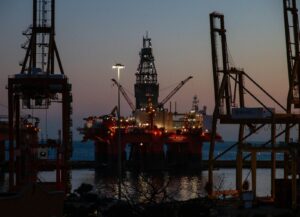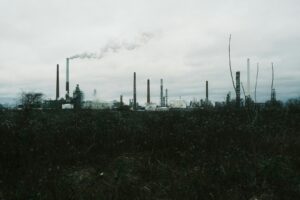Many of the world’s largest mining companies have been accused of selectively reporting their progress on achieving the UN’s sustainable development goals, according to a report published by the Responsible Mining Index (RMI).
Mining is one of the top three most hazardous industries, and in the past two years, several large-scale mining companies have been at the centre of many major environmental and humanitarian disasters.
For example, on 25 January 2019, the collapse of a dam at the Córrego do Feijão iron ore mine in Brazil led to the death of 270 people and released 1.7 million cubic metres of toxic mud destroying much of the surrounding area.
In the report which was published today (February 24), the researchers assessed 180 individual mines in 45 countries against 10 basic indicators of responsible mining.
One case study which is discussed in the report is the Canadian based mining company Barrick Gold Corp, who have six mines across the world.
According to their reports, the company appears to have made significant improvements in its sustainable policies but, RMI has revealed that the company has shown a lack of real evidence or any concrete action on socio-economic and environmental issues related to mining.
The mine sites also failed to supply data on their air pollution.
The authors of the report highlight that although commitments are a step in the right direction, if they are not backed up with action or evidence as to how the companies will achieve the goals then the commitments are useless.
Hélène Piaget, CEO of the Responsible Mining Foundation said: ‘The sustainable development goals provide a valuable societal framework for reporting and action on economic, social and environmental concerns, but an unbalanced emphasis on the ‘good’ that companies do may obscure the negative impacts, be they inherent or unintentional, that may impede the achievement of these goals.’
In related news, earlier this year, German manufacturing company Siemens has announced that they will continue work on the controversial Adani coal mine, despite outrage from members of the public and climate campaigners.
The mine is estimated to release an estimated 4.6bn tonnes of carbon dioxide into the atmosphere, and will also gain access to 170bn litres of sacred groundwater.
The coal mine will also destroy ancestral lands, waters and cultures of indigenous people, as well as allowing more than 500 coal ships to travel through the Great Barrier Reef ever year.
Photo Credit – Pixabay
















